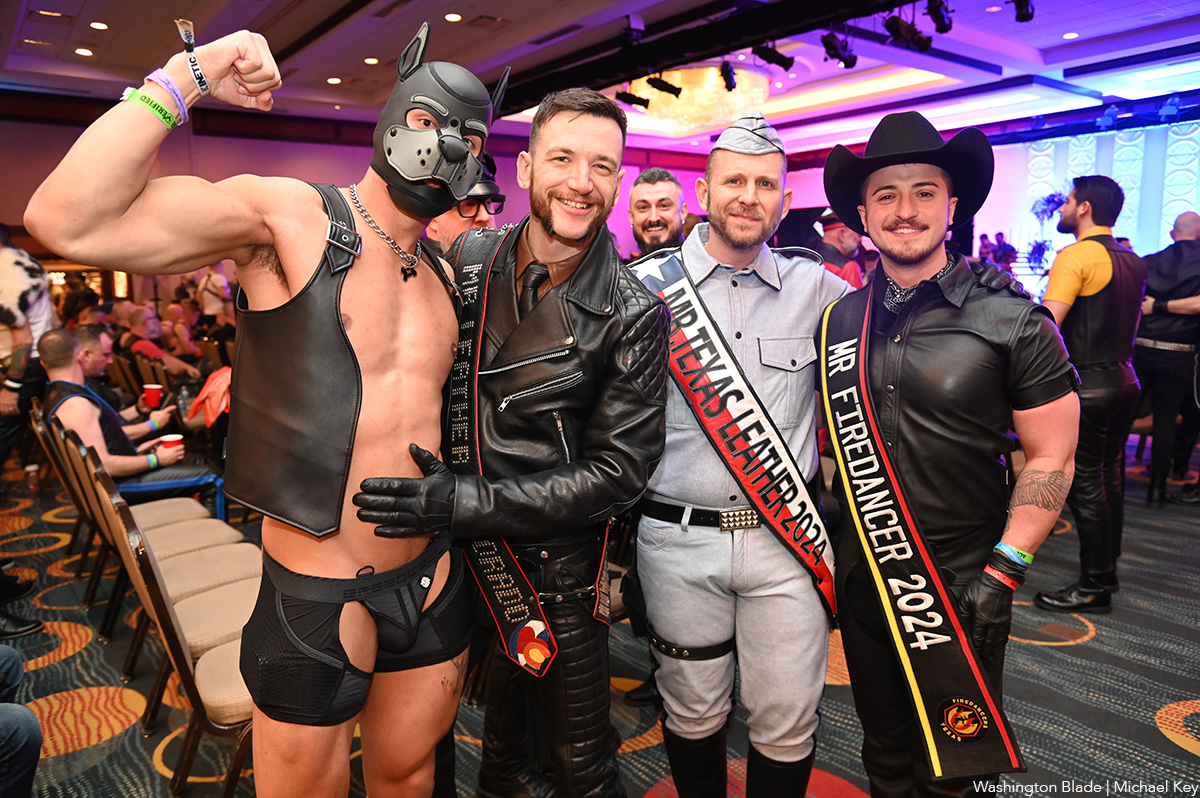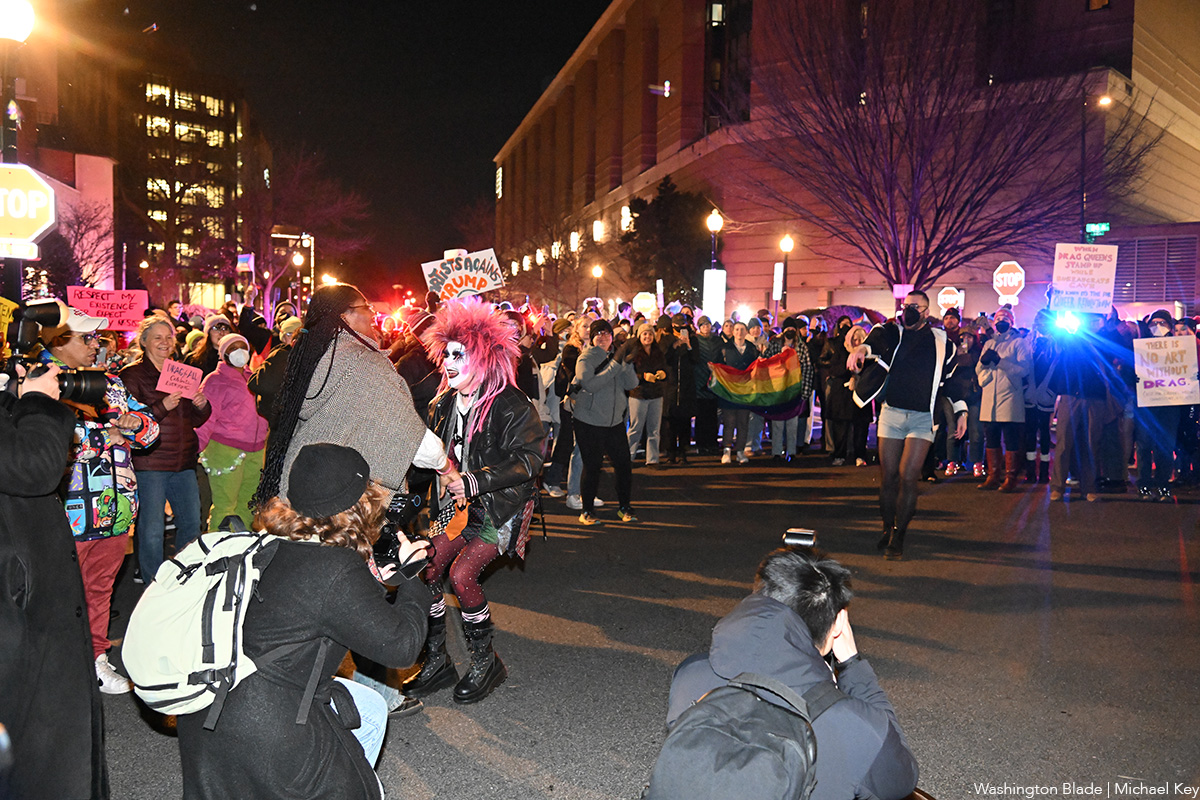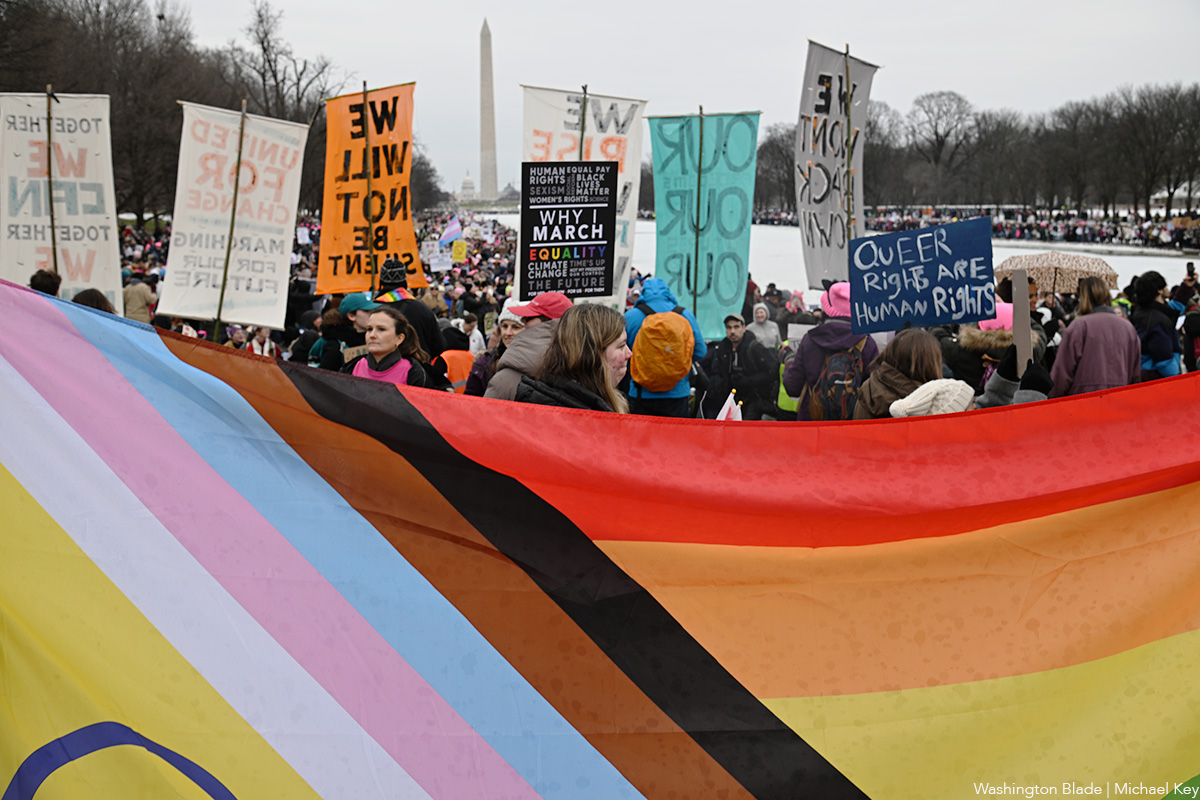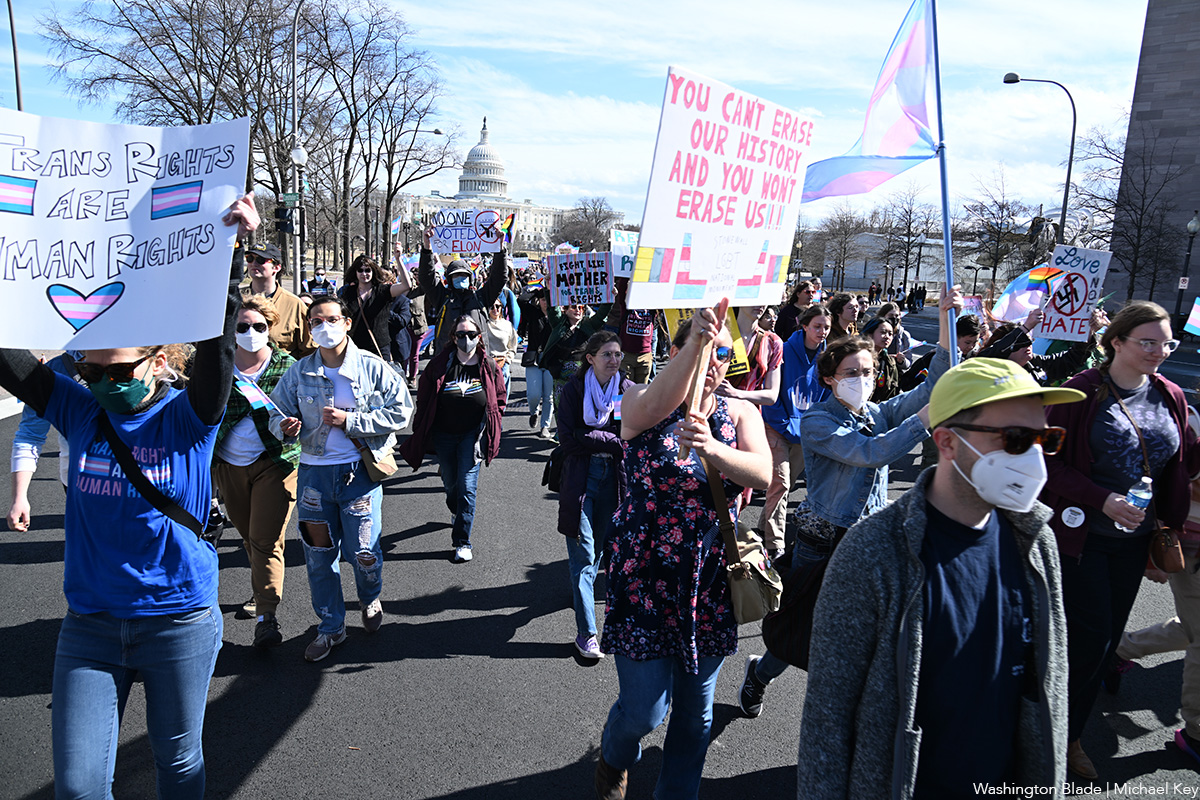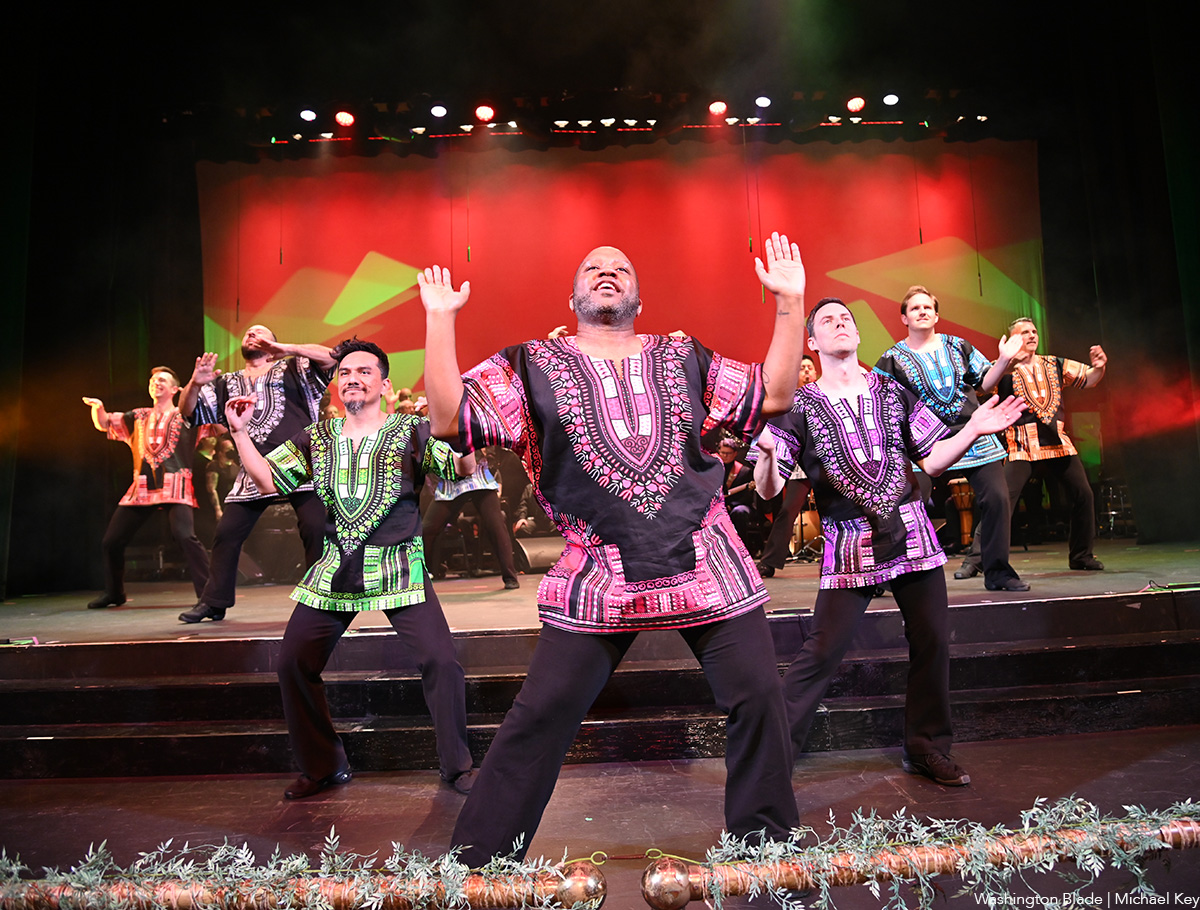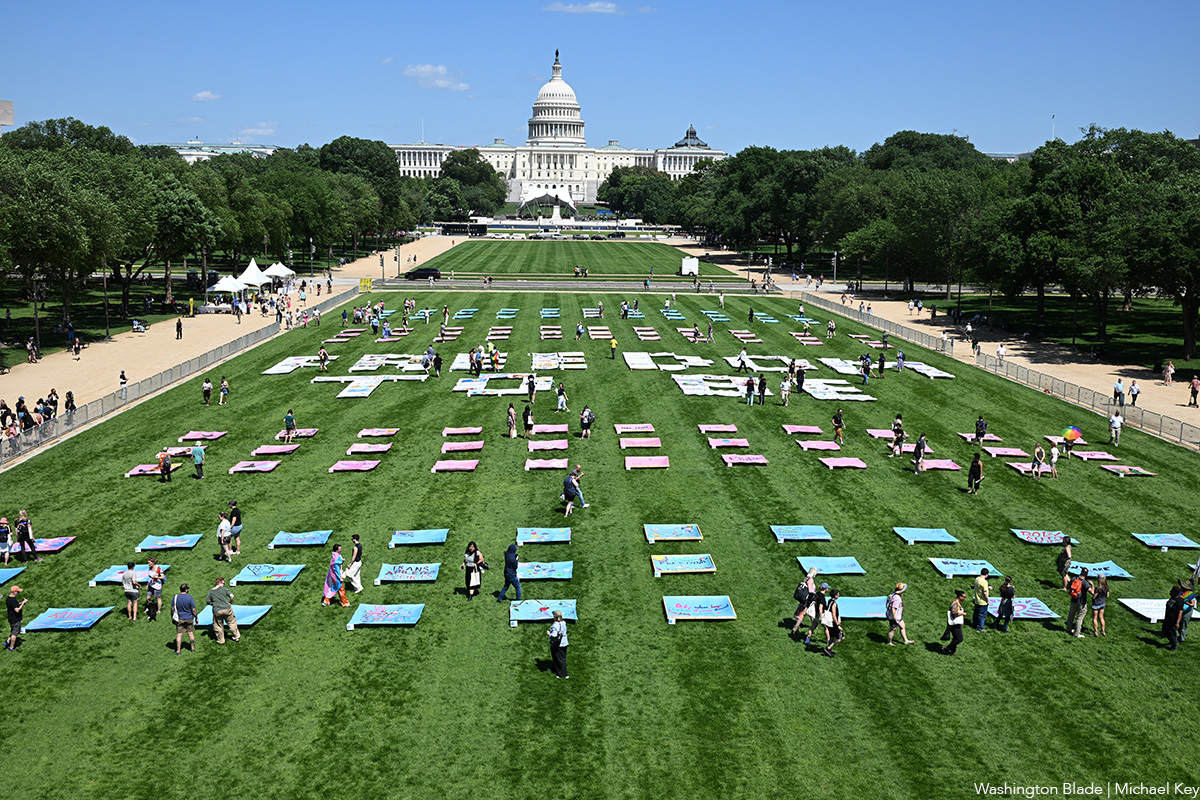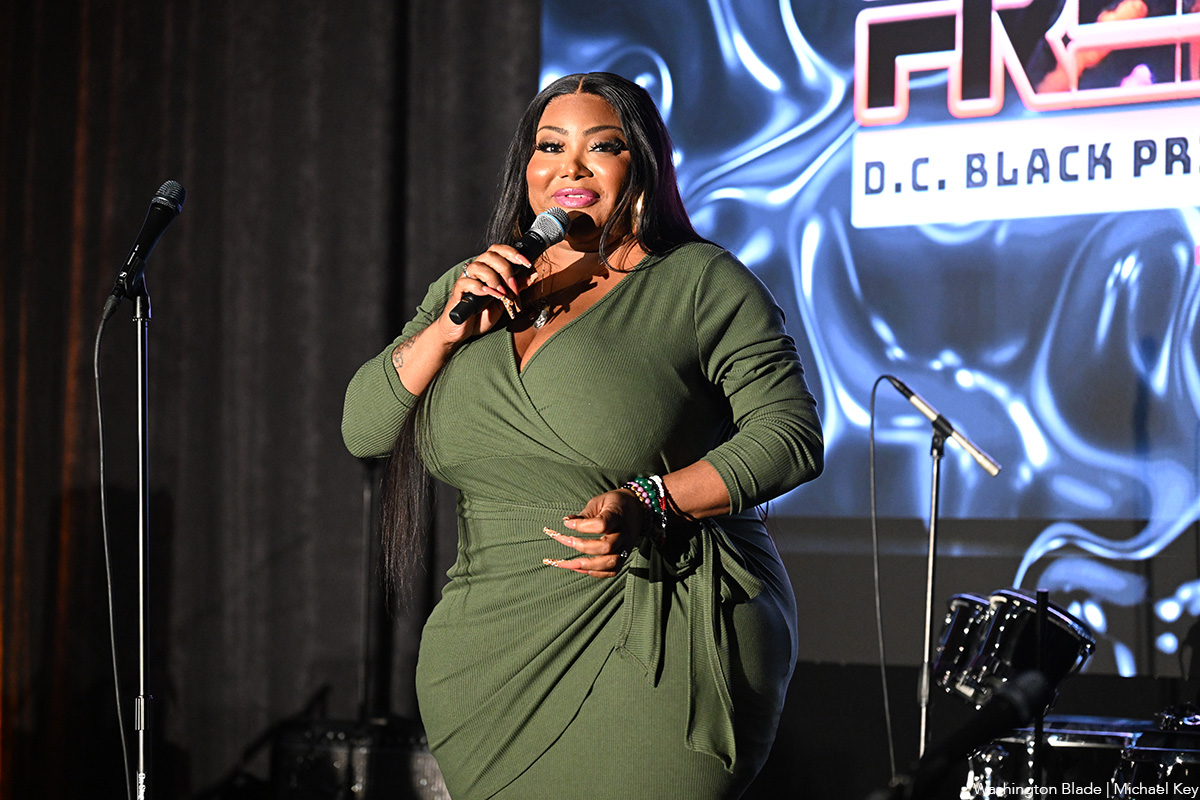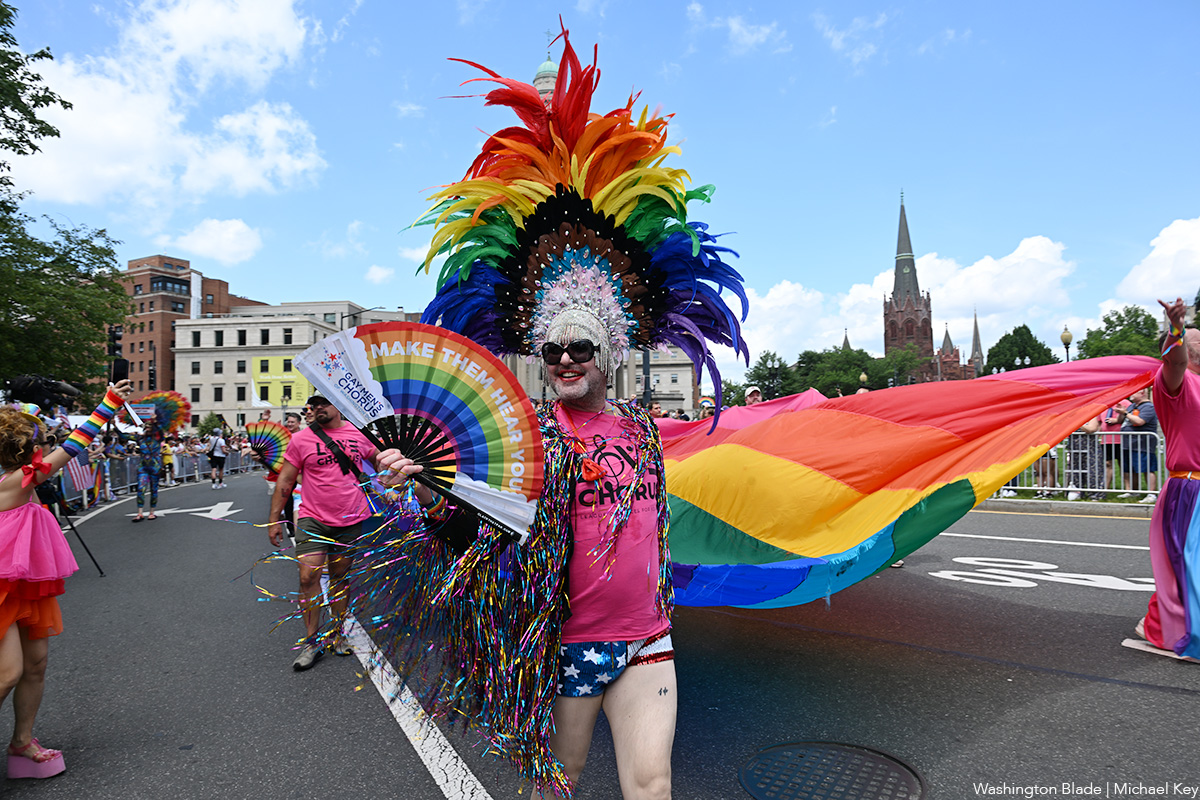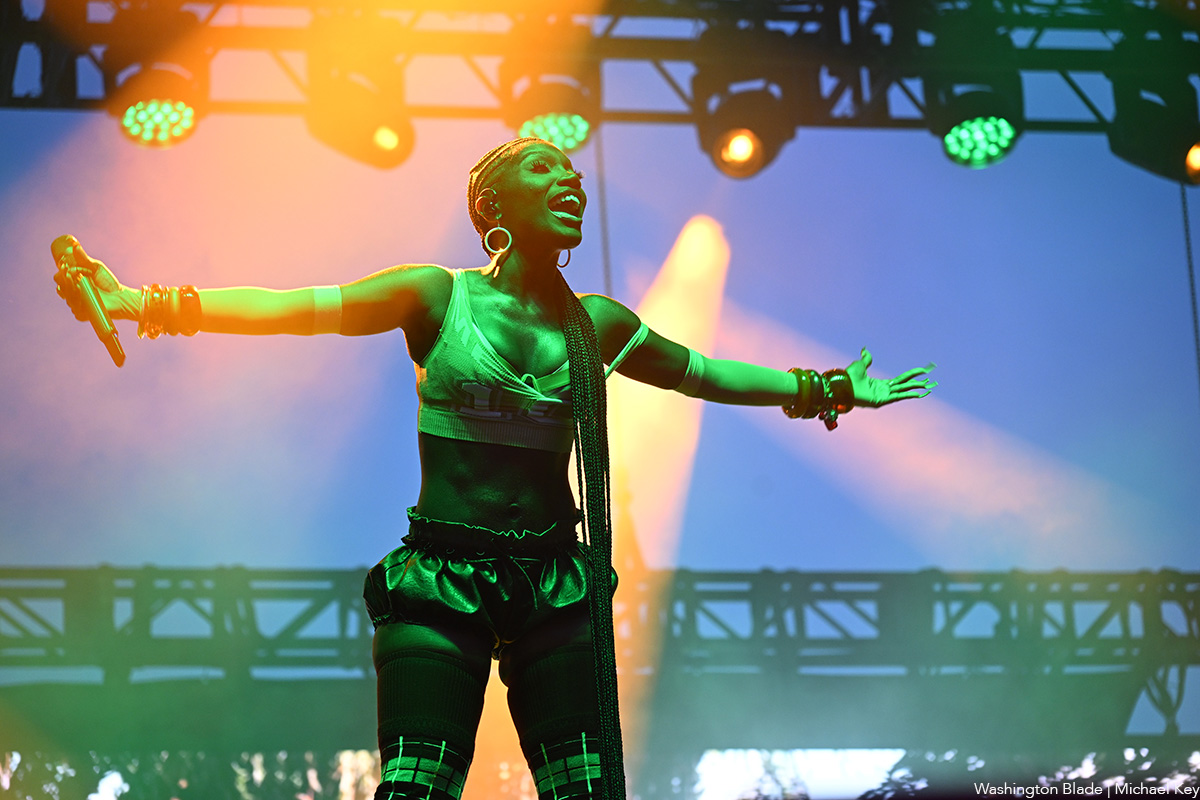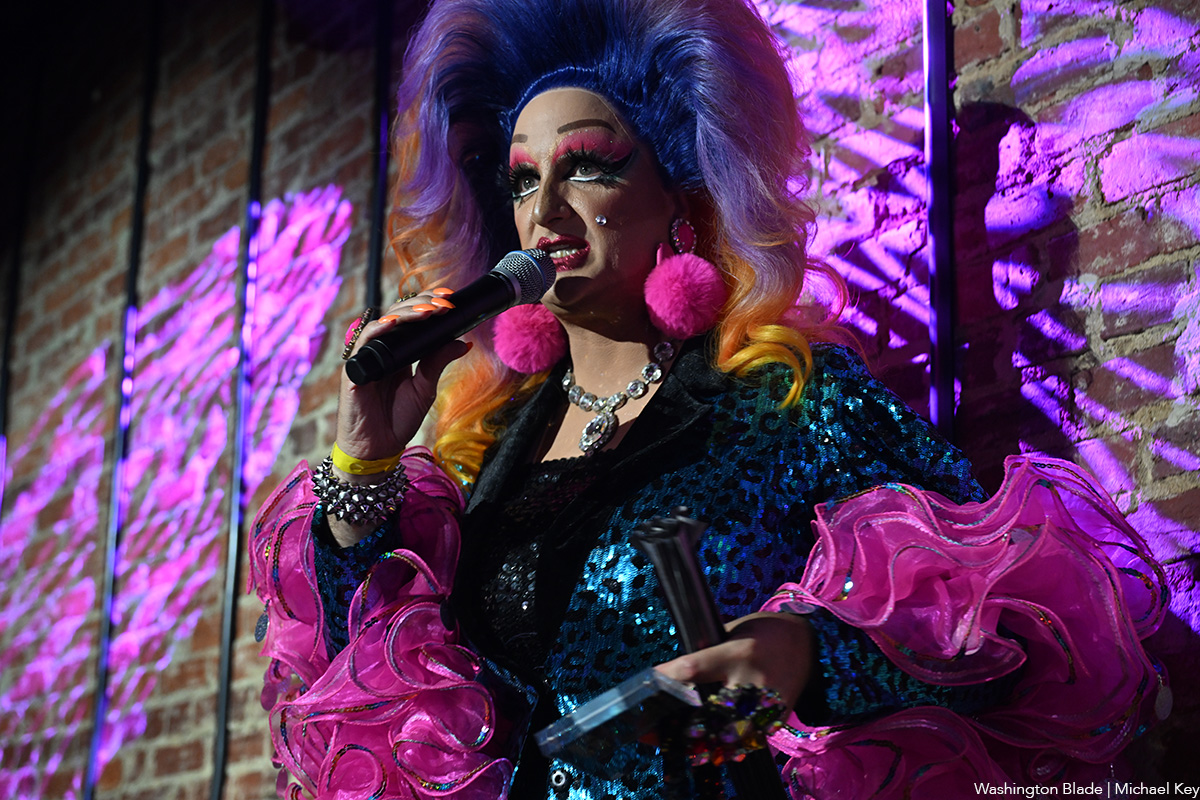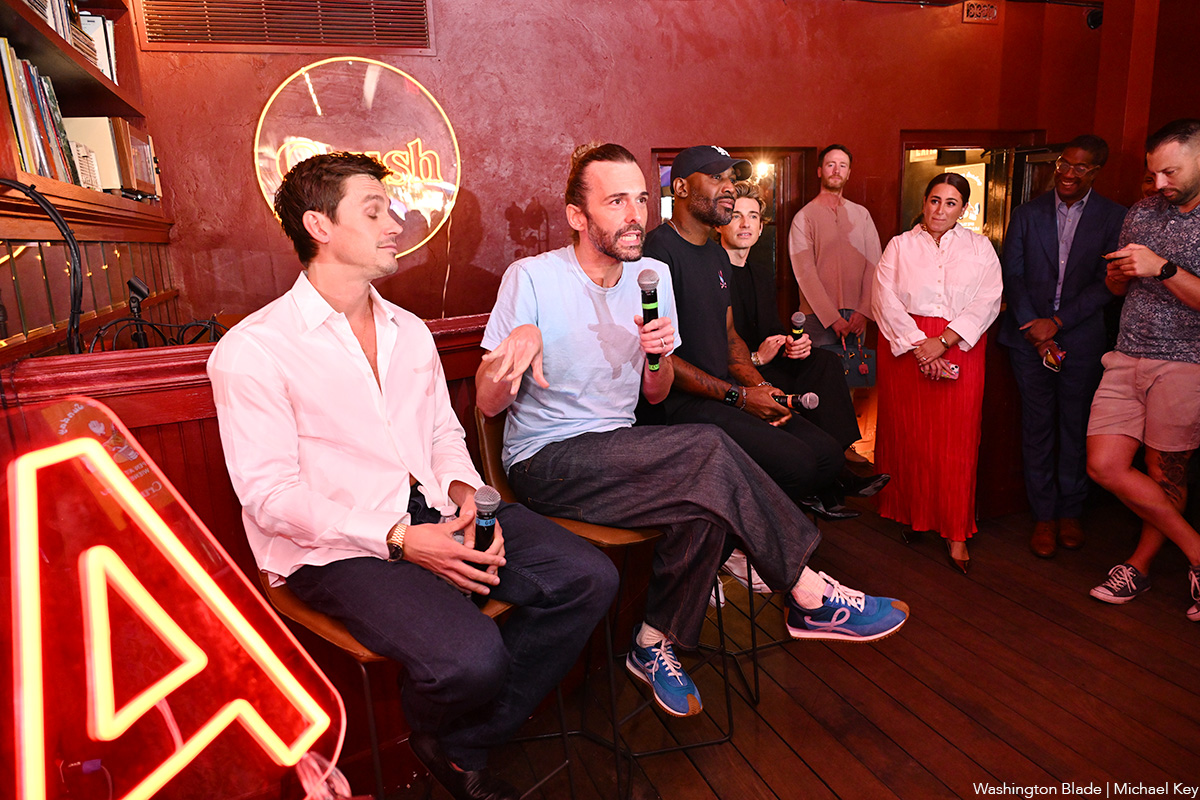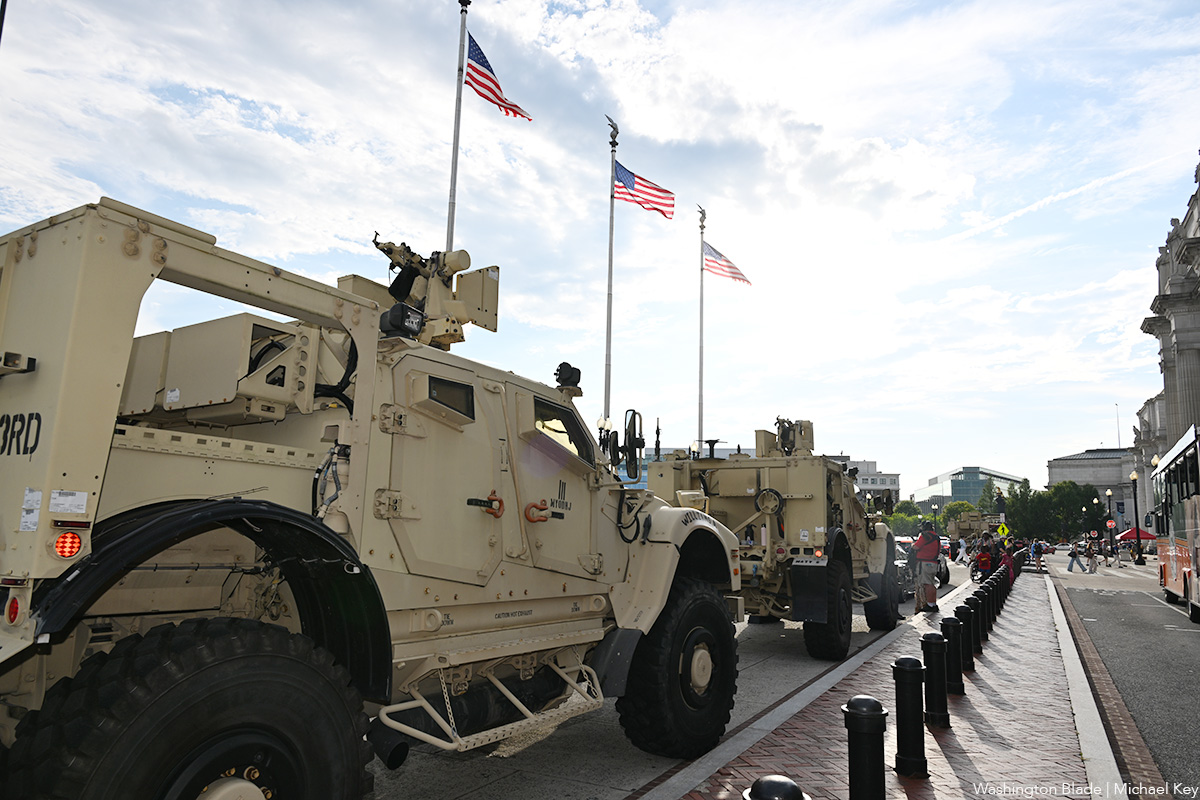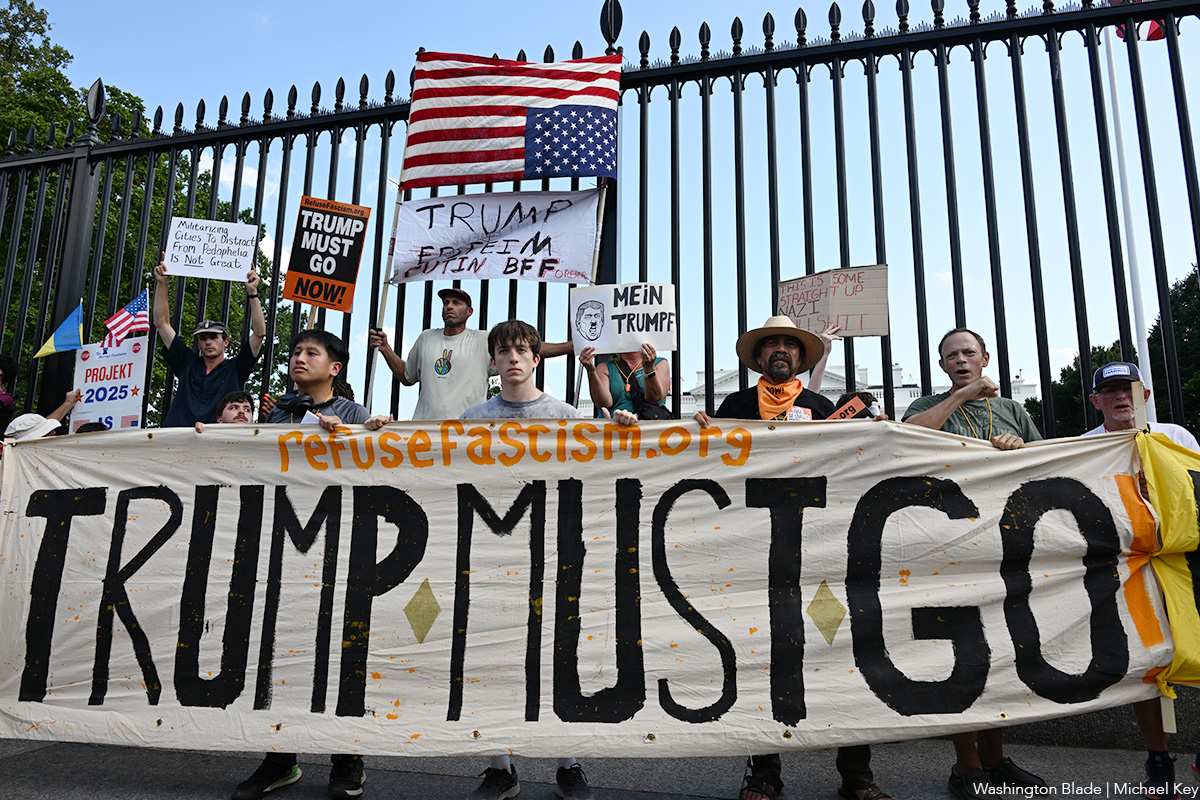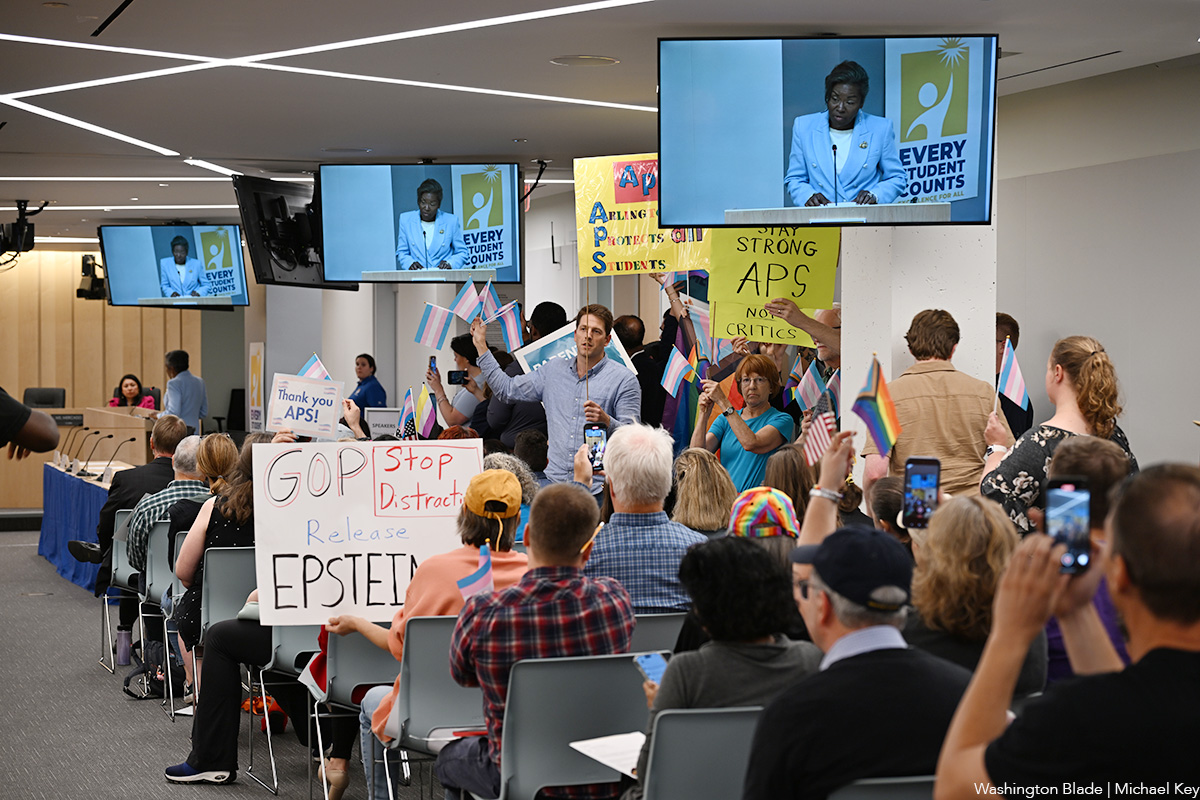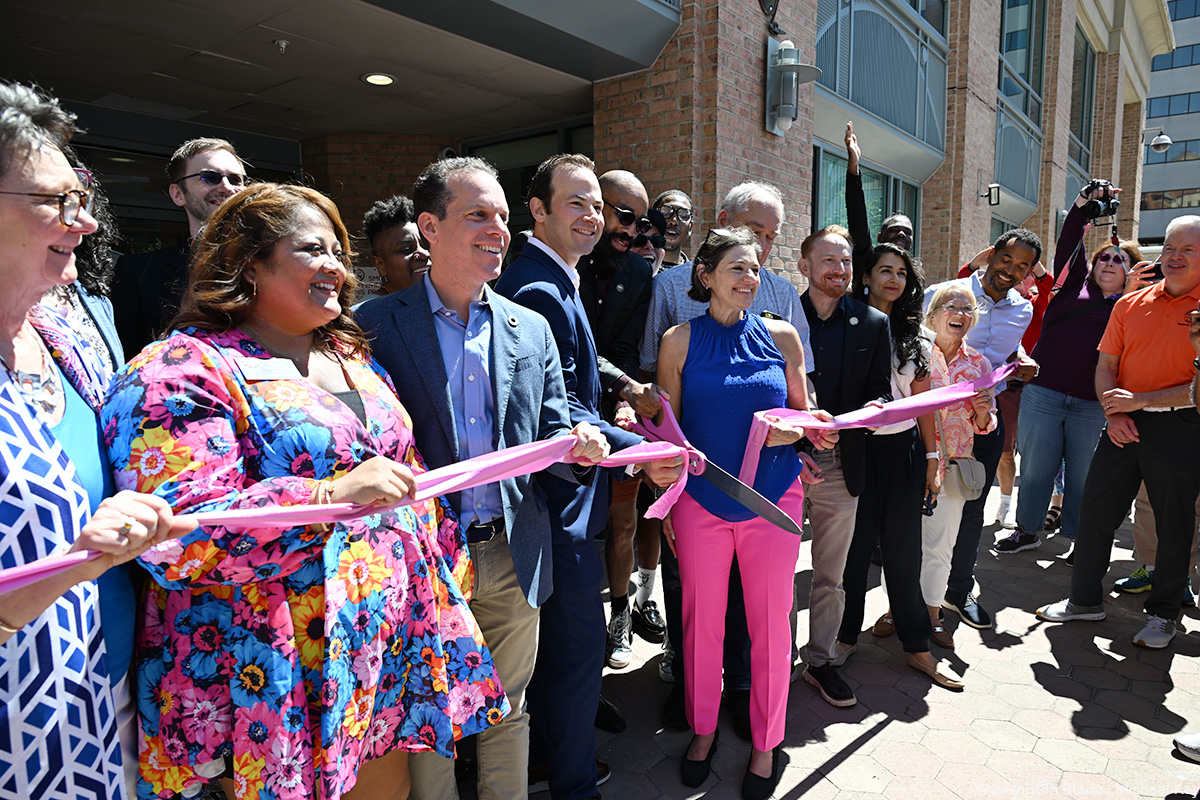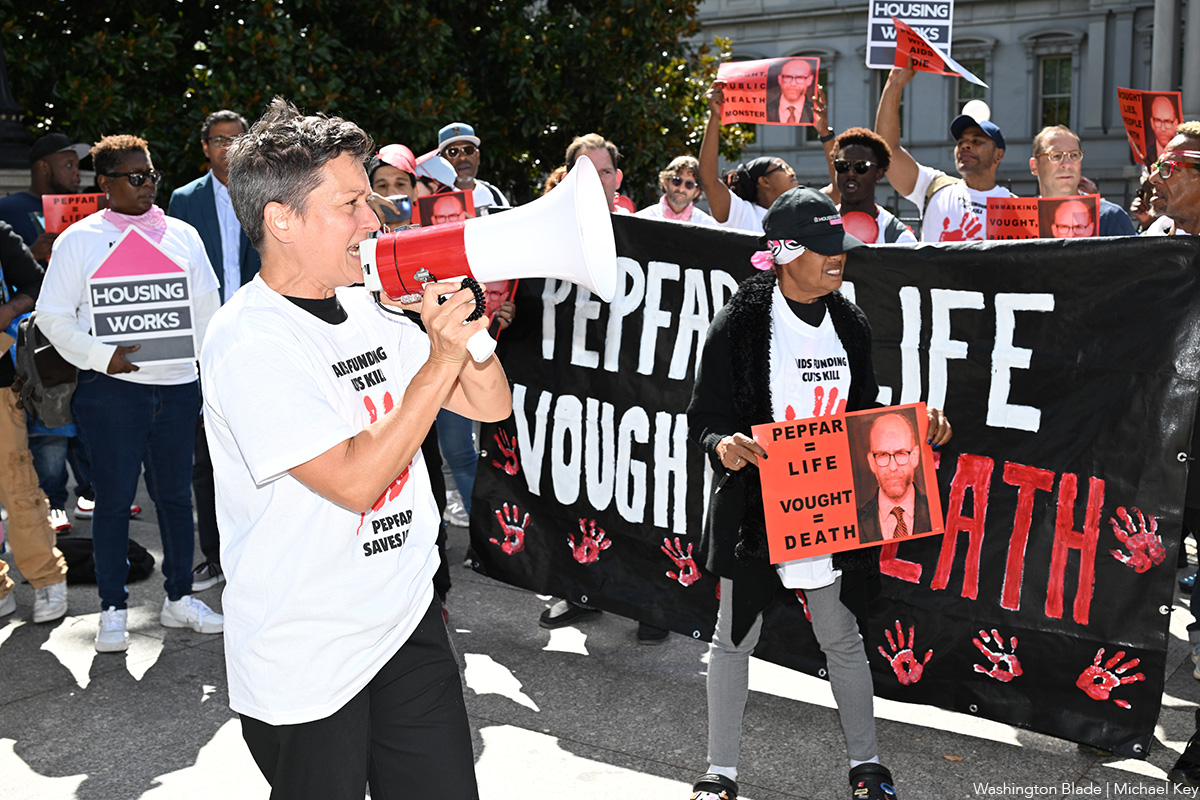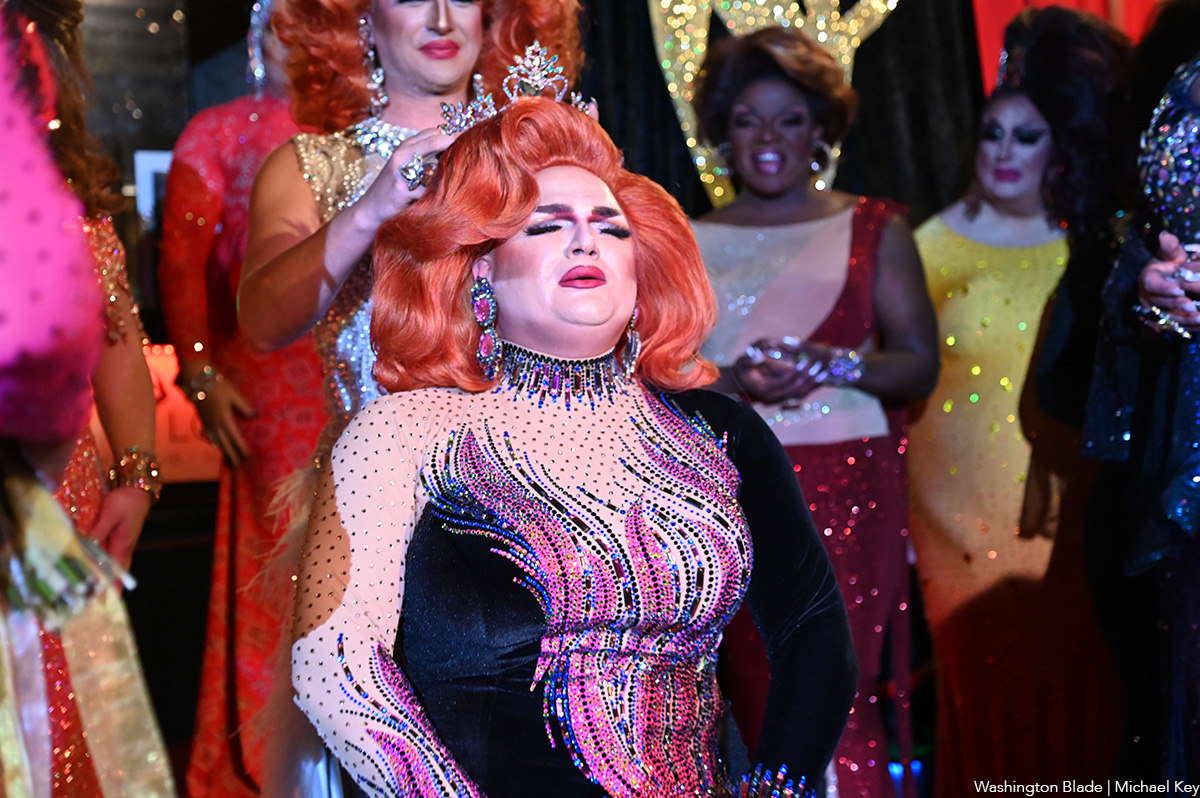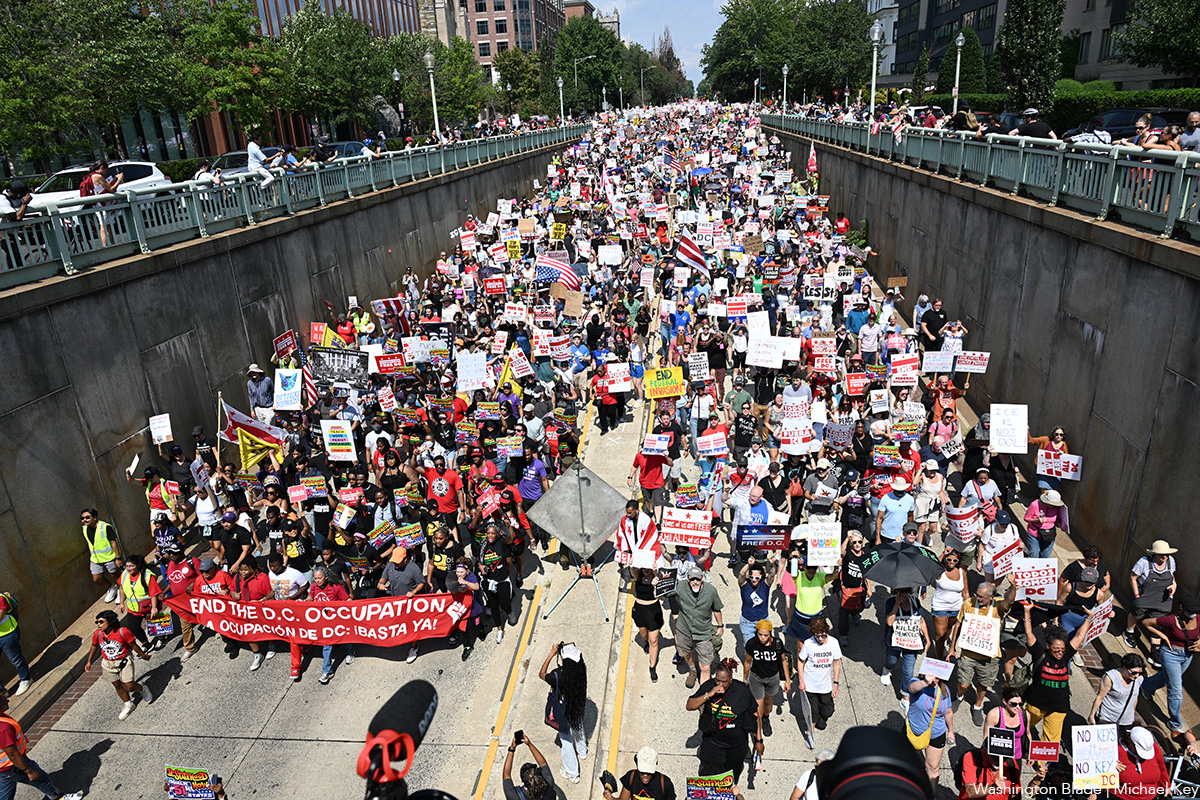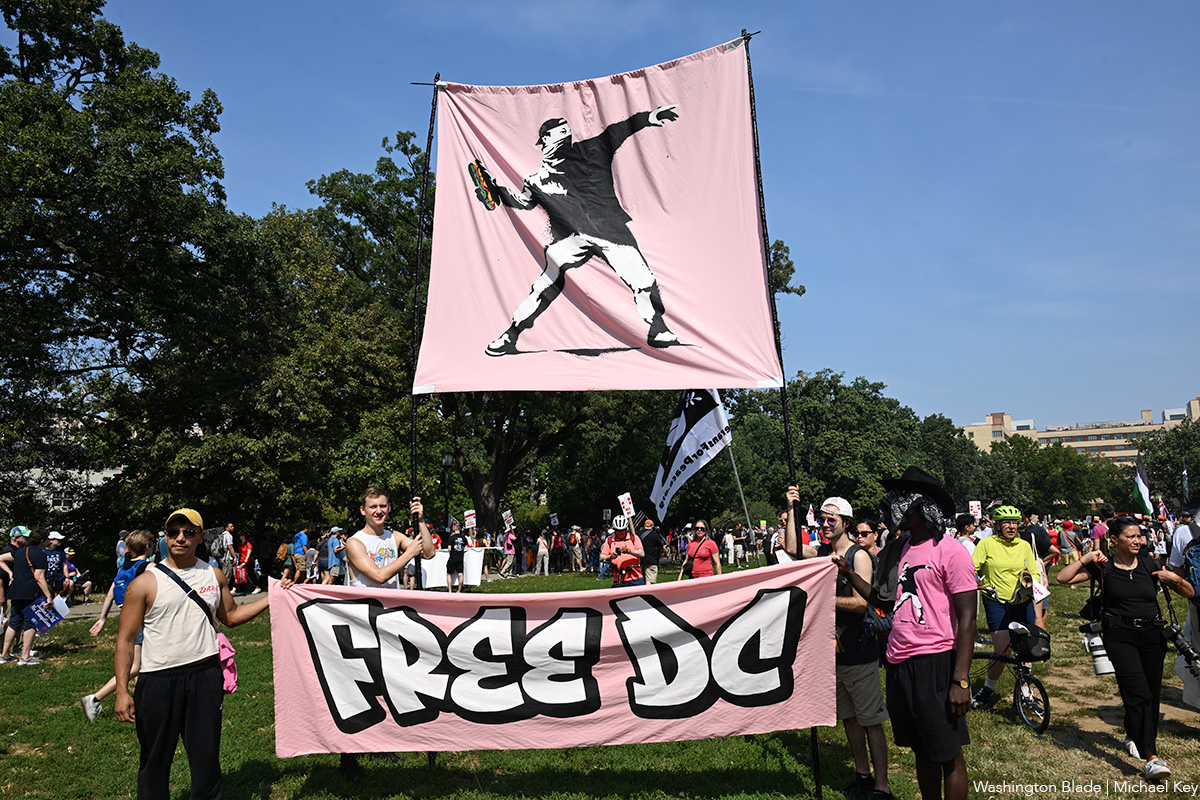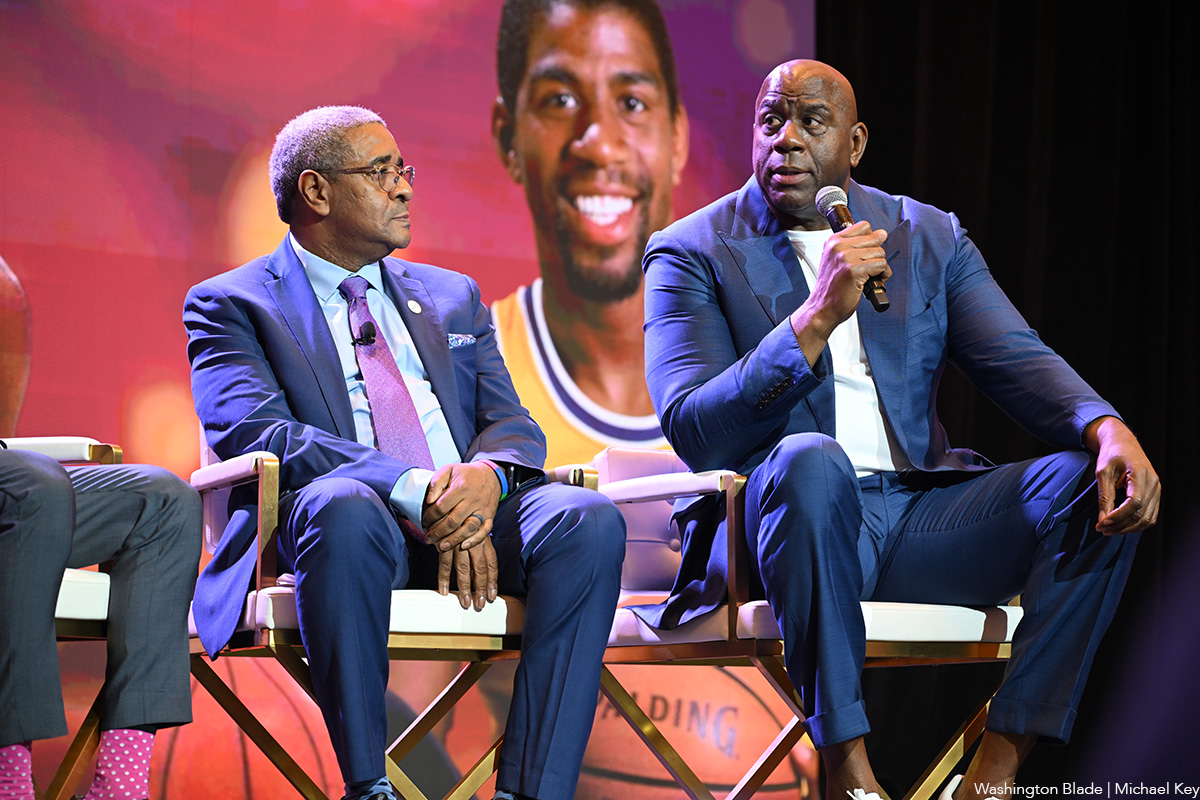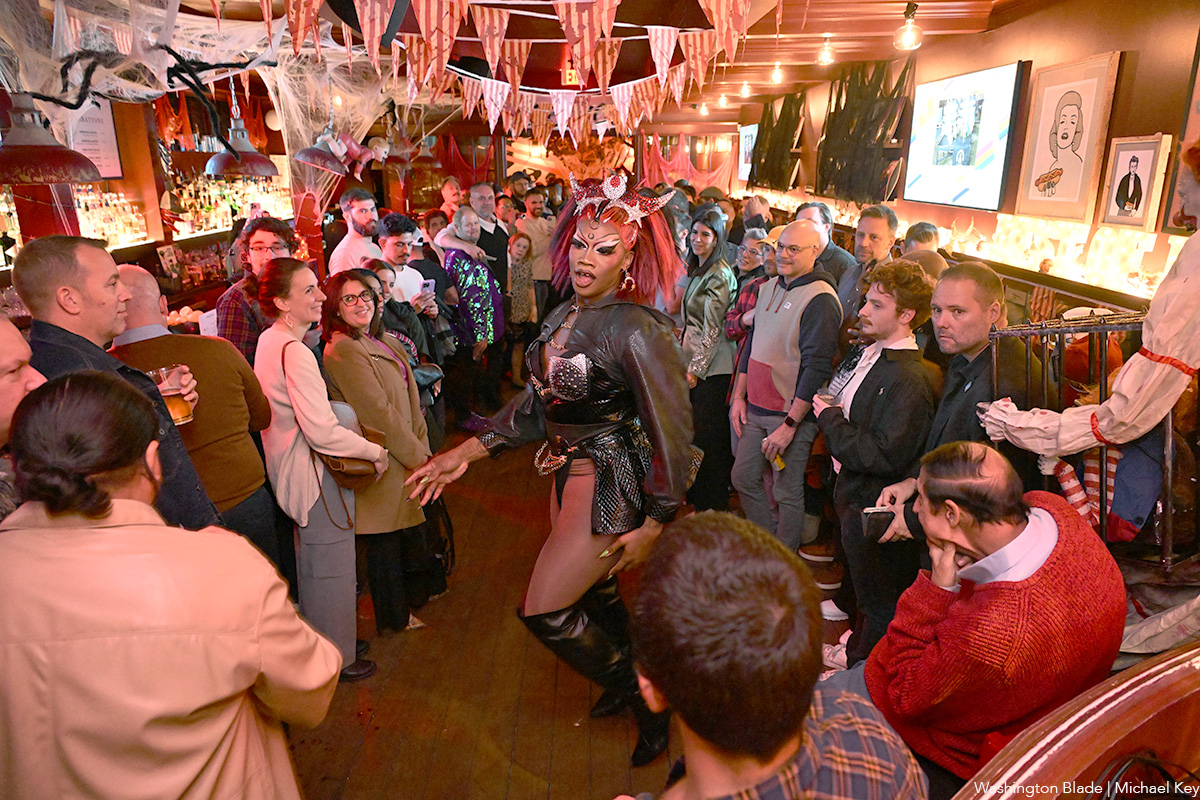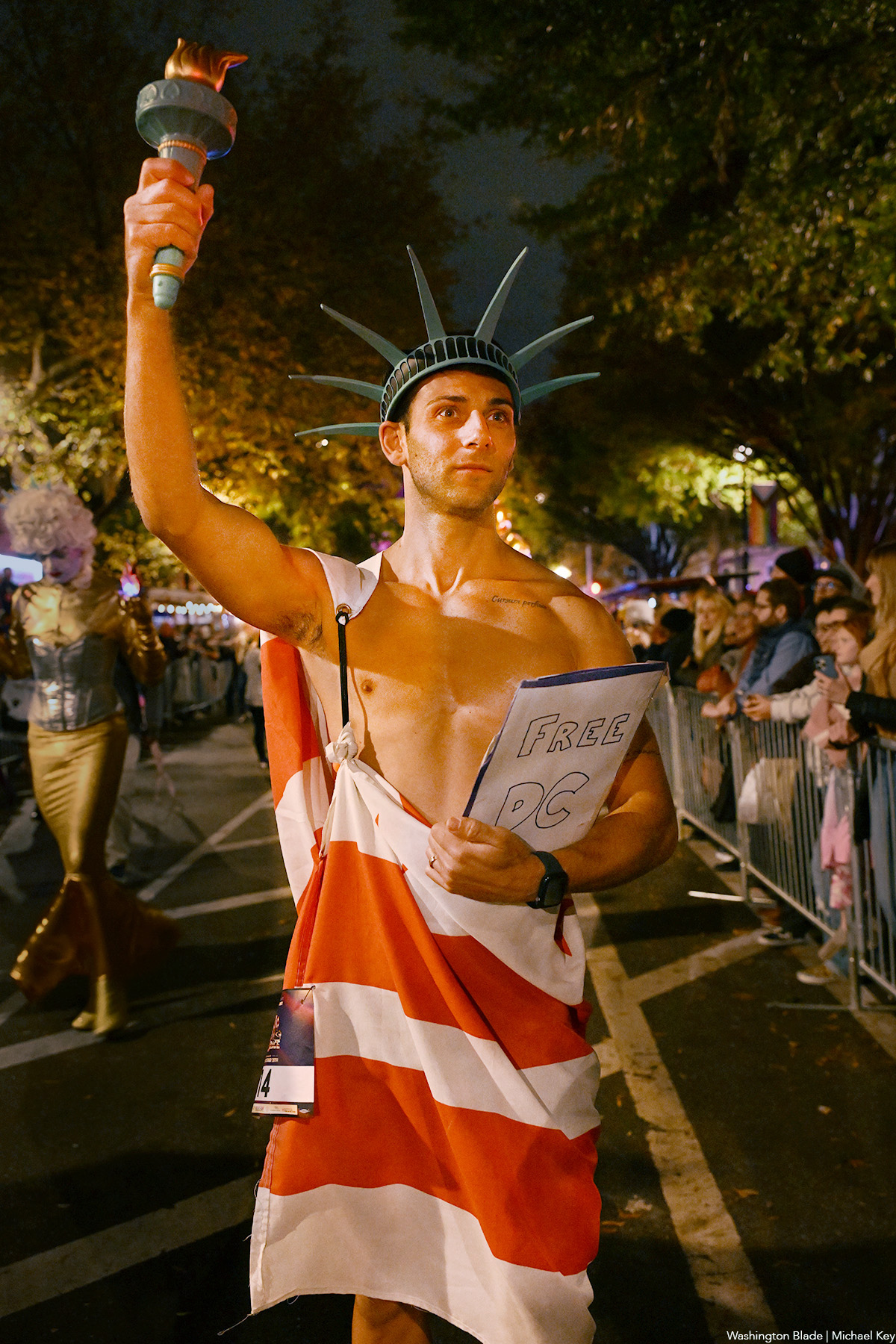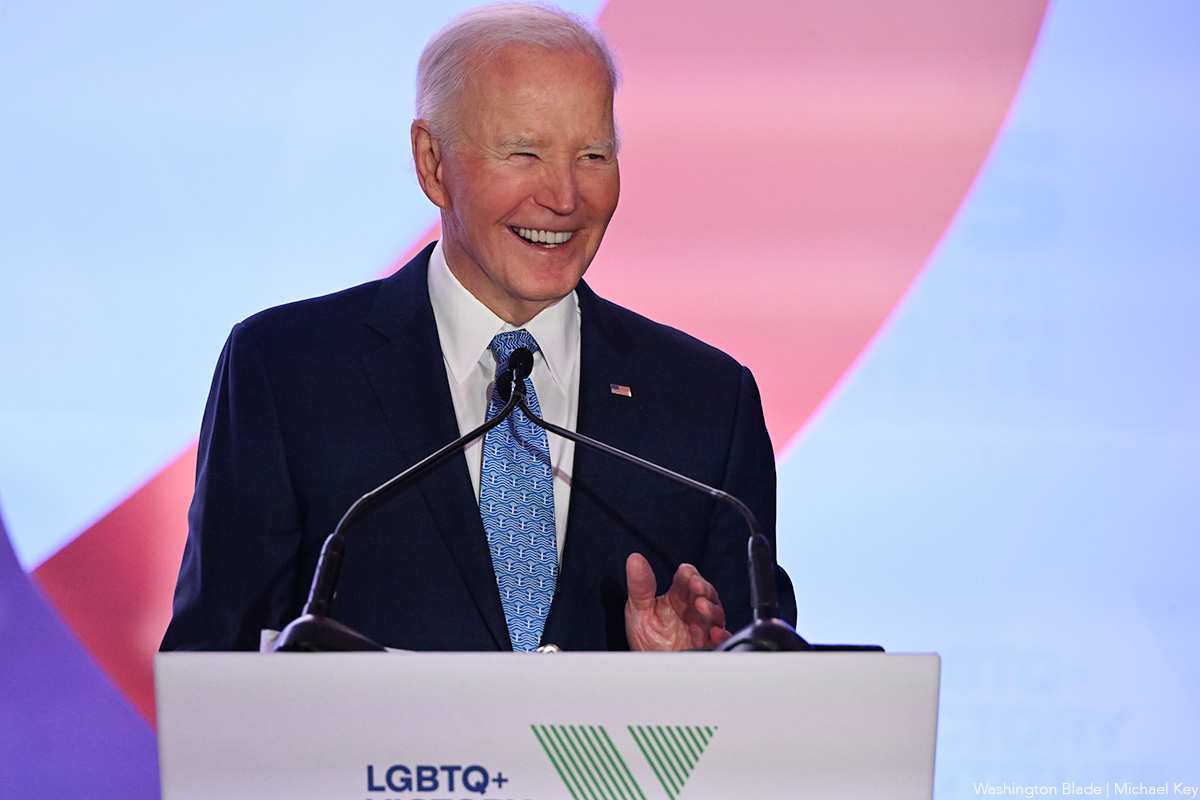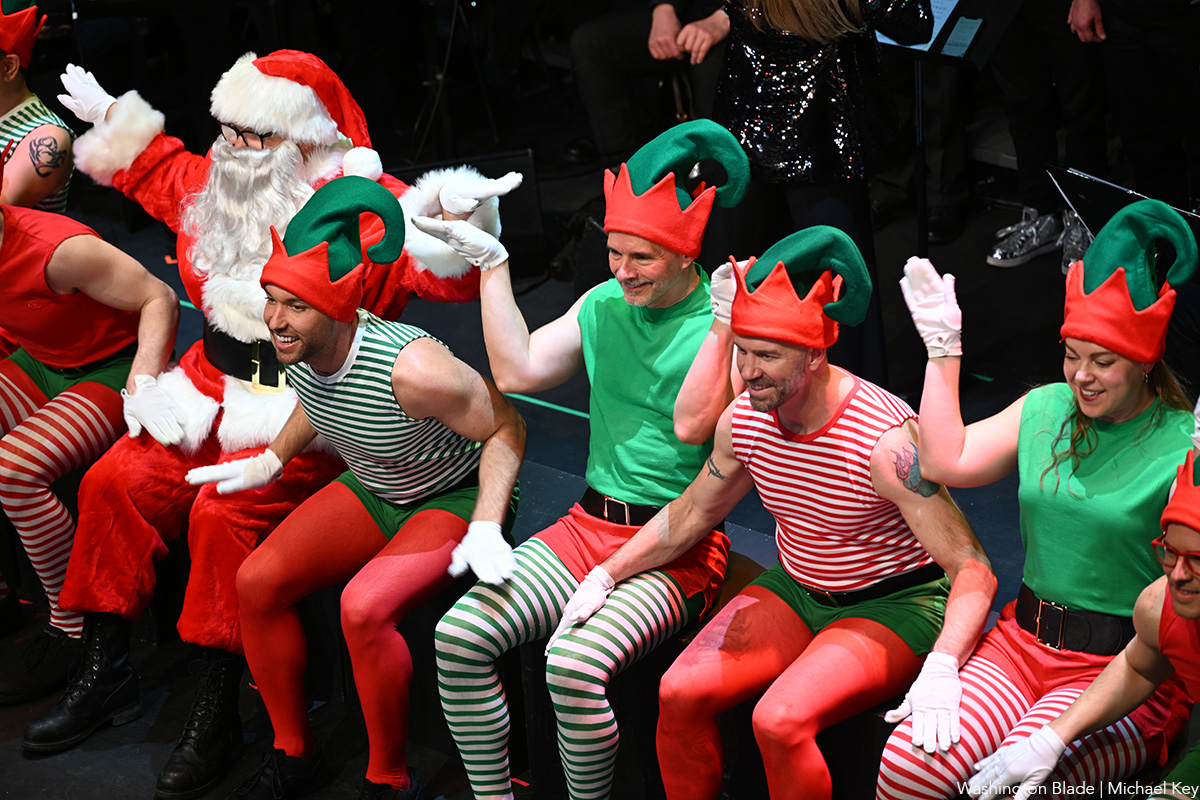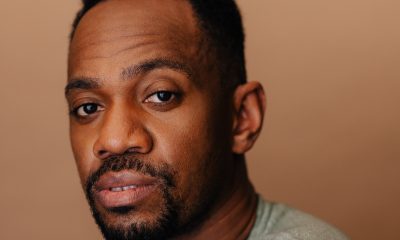Arts & Entertainment
Airing dirty laundry
Well-crafted drama explores bubbling familial tension
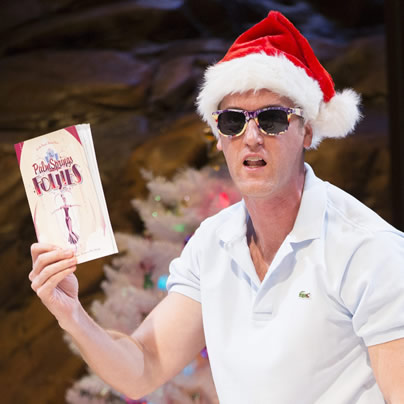
‘Other Desert Cities’
Through May 26
Arena Stage
1101 6th Street, SE
$40-$85
202-488-3300
arenastage.org
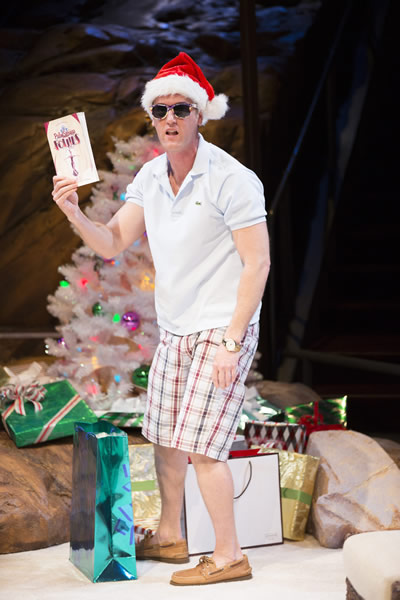
Scott Drummond as Trip Wyeth in ‘Other Desert Cities’ at Arena Stage. (Photo by Scott Suchman, courtesy Arena)
In her 1991 tell all “The Way I See It,” presidential offspring Patti Davis rather scandalously opened up about her famous family.
Included in a litany of unsavory revelations was how growing up her mother Nancy Reagan frequently struck her. The slightest provocation, Patti wrote, resulted in a slap across the face — almost daily and sometimes with a hairbrush. It was her tightly wound mother’s way of maintaining control. At the time, Reagan reps denied all assertions.
With his latest play, “Other Desert Cities” (now playing at Arena Stage), gay playwright Jon Robin Baitz takes us into that spooky world of California’s Republican elite where appearances and loyalty trump all. Meet his characters Lyman and Polly Wyeth. Part of Ronald Reagan’s inner circle, they gave up show biz (he acted and she wrote screenplays with her sister Silda) for the political arena. Lyman was made an ambassador. Years later, removed from power, they live surrounded by photos from their heady past and pass sunny days playing tennis, sneaking cigarettes, towing the Republican line and polishing the legacy of their friends and mentors, Ron and Nancy.
Baitz’s play takes place at Christmas time in 2004 at the Wyeth’s Palm Springs home. They’re joined by their two surviving children — Trip, a TV producer, and Brook, a blocked novelist living on the East coast who struggles with severe depression. Polly’s alcoholic sister Silda, a little shaky and fresh out of rehab, rounds out the party. What should be a warm reunion devolves into an unhappy holiday when Brooke drops a bombshell — she’s written a new book. It’s a memoir dealing with her older brother Henry’s involvement with a radical anti-Vietnam War group and subsequent suicide. It also explores the idea that her parents abandoned Henry when he needed them most. Whether Brooke is interested in presenting truths or settling scores emerges as the hot yuletide topic.
Not surprisingly, the elderly Republican couple despises unwashed peaceniks, but it’s those smug lefties who really get to Polly. When she learns that prior to its fall release, Brooke’s book will be excerpted in an impending issue of The New Yorker, Polly becomes doubly enraged. Revealing secrets to these readers is too much. Brooke’s transgression is unforgivable; and her parents, Polly promises, will never feel the same toward her again. Lyman simply asks that Brooke wait until he and Polly are dead before she publishes.
Absorbing, witty and zinger-filled (directed at the unfashionably dressed and neocons alike), Baitz’s script is supported by smart staging and good design. Director Kyle Donnelly maintains intimacy in Arena’s big Fichlander theater in-the-round space (but unfortunately some dialogue is garbled when actors inevitably must turn their backs to sections of the audience); and Kate Edmund’s set — the expansive living room of a mid-century, desert showplace complete with faux stone bar and sunken circular fireplace — establishes the older Wyeth’s way of life at a glance.
Baitz’s play is further bolstered by a strong four-person cast, especially Helen Carey as Polly. Last season at Arena, Carey played Mary Tyrone in Eugene O’Neill’s “Long Day’s Journey into Night,” and now she’s back as another complicated matriarch of yet another dysfunctional family. Her Polly is a scary amalgam — charming, driven, competitive and fiercely loyal. Carey superbly captures the dynamism. As Brooke, Emily Donahoe conveys sensitivity and her own brand of grit. And despite the ramrod posture and sharply delivered wisecracks, Martha Hackett imbues embittered Silda with a lot of vulnerability. She’s no match for her sister and she knows it.
Openly gay New York actor Scott Drummond is excellent as Brooke’s caring younger brother Trip, a likable athletic preppy with a porn addiction. Too young to have known his late brother or remember the drama surrounding his death, Trip is the family’s peacemaker.
Larry Bryggman’s Lyman is all bonhomie and surface affability. A former movie actor best remembered for his death scenes in cowboy and gangster pictures, Lyman doesn’t want drama off-screen. But in the end, it’s Lyman who makes the play’s boldest move.
Eventually, Patti Davis and the former First Lady buried the hatchet despite Davis’ memoir. Hopefully all is truly forgiven, but at least the mother and daughter sensibly agreed that happy family makes a better look than intergenerational feuding. And does art imitate life entirely at Arena? You have through the end of May to find out.
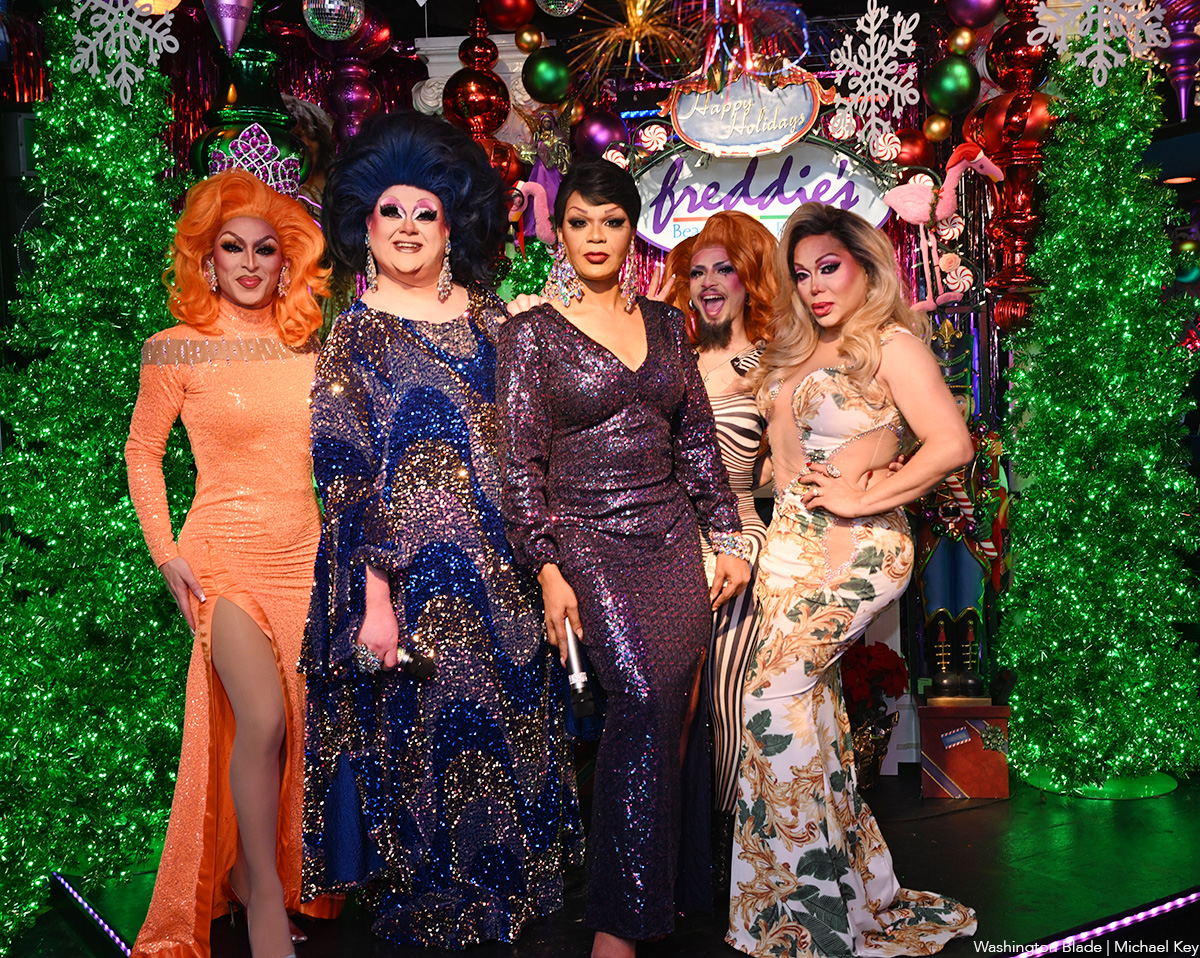
The Freddie’s Follies drag show was held at Freddie’s Beach Bar in Arlington, Va. on Saturday, Jan. 3. Performers included Monet Dupree, Michelle Livigne, Shirley Naytch, Gigi Paris Couture and Shenandoah.
(Washington Blade photos by Michael Key)

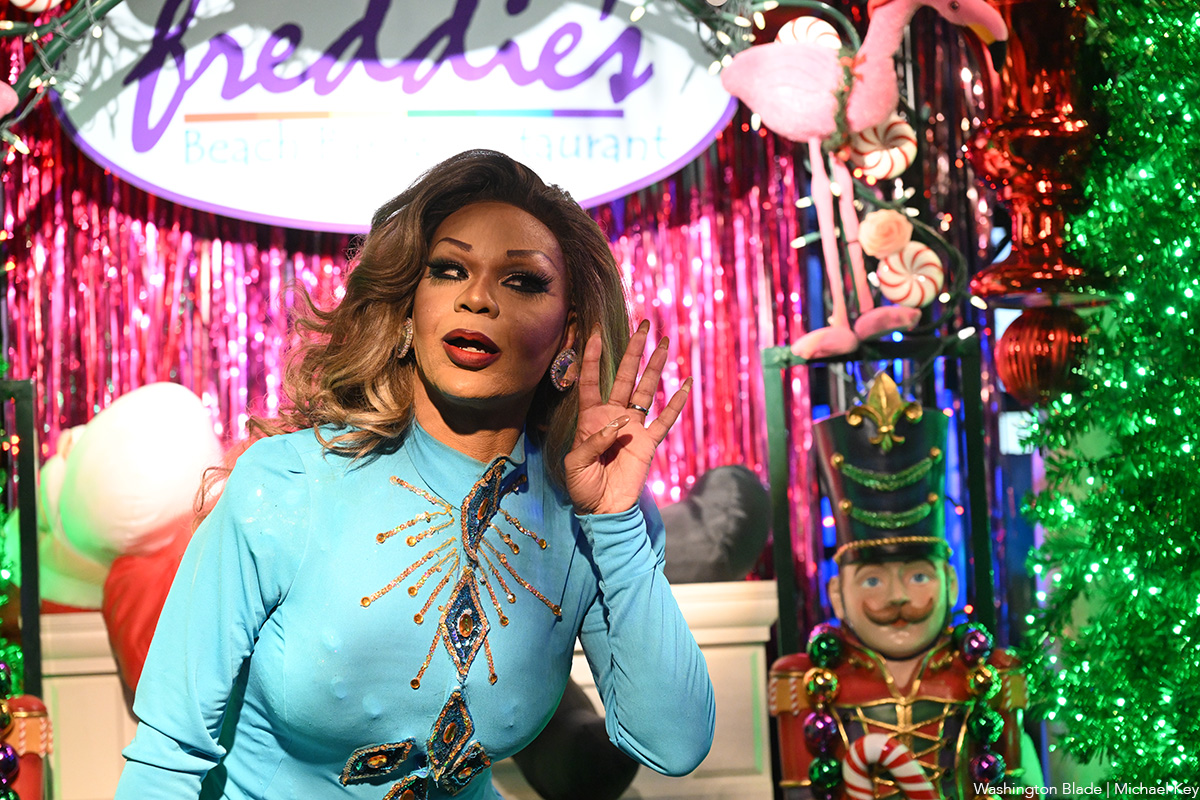





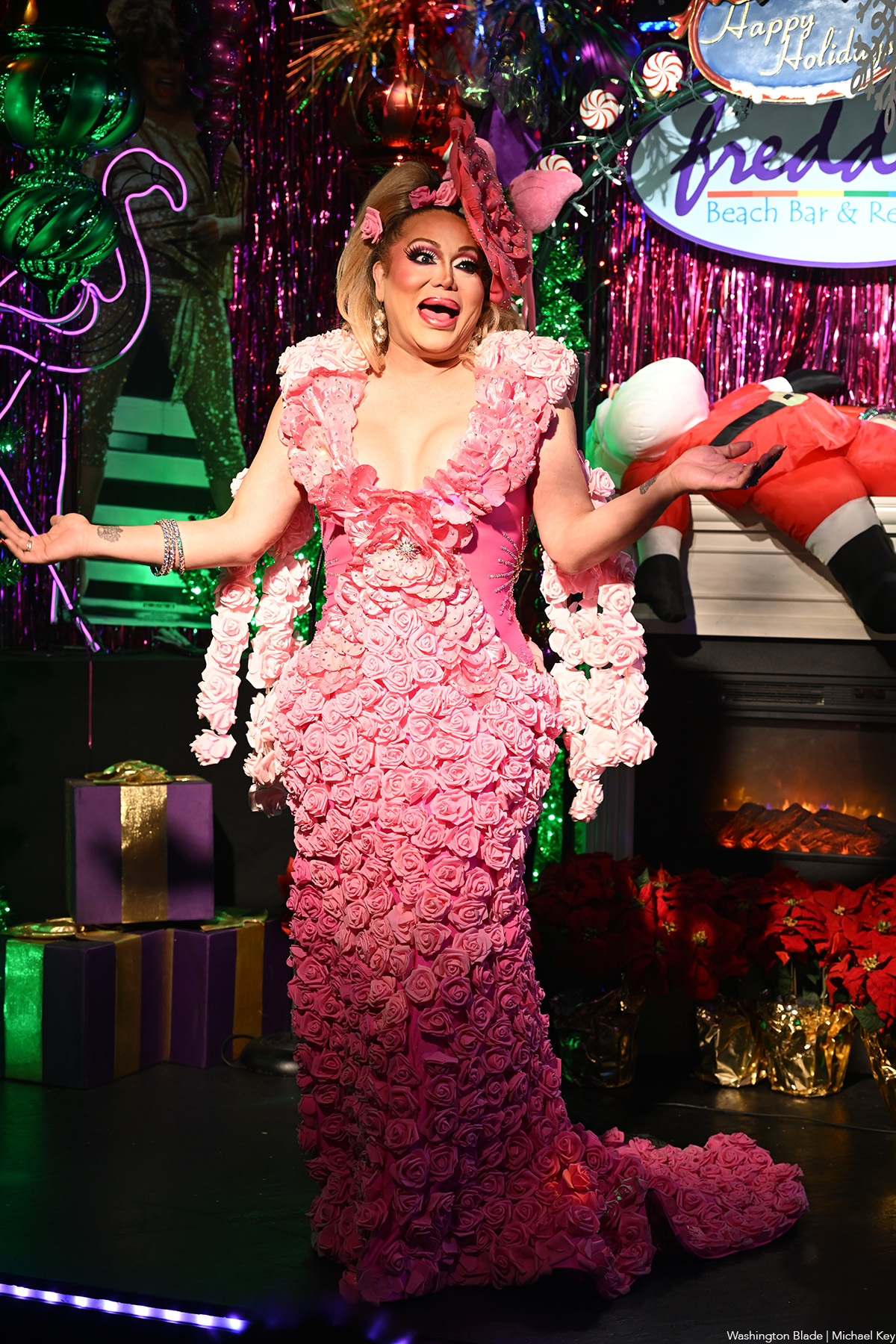
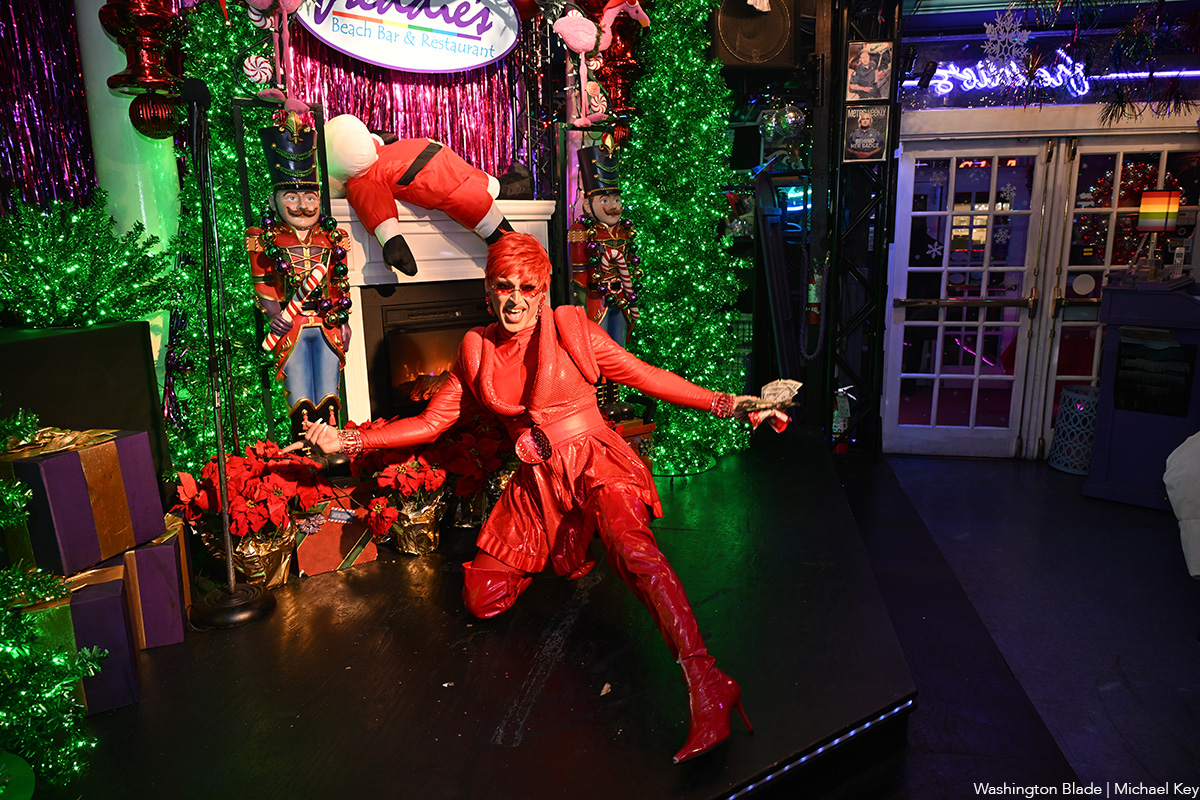
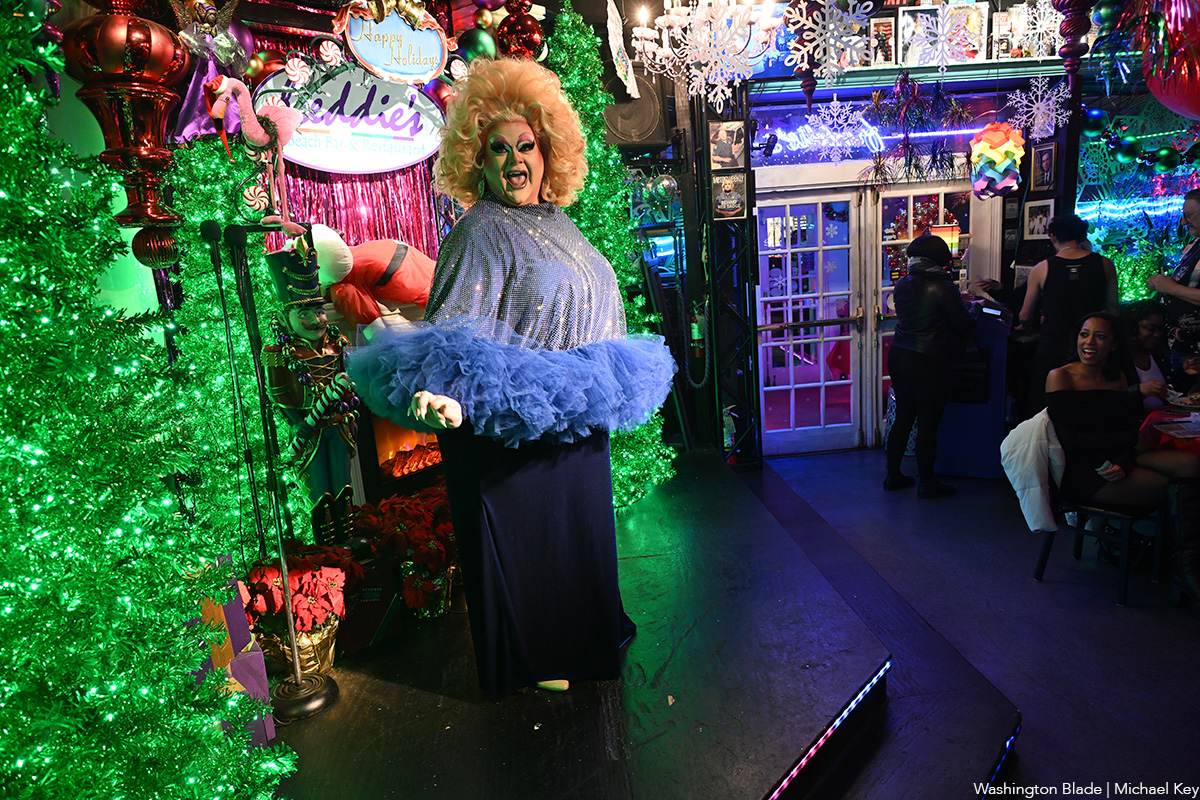
a&e features
Queer highlights of the 2026 Critics Choice Awards: Aunt Gladys, that ‘Heated Rivalry’ shoutout and more
Amy Madigan’s win in the supporting actress category puts her in serious contention to win the Oscar for ‘Weapons’
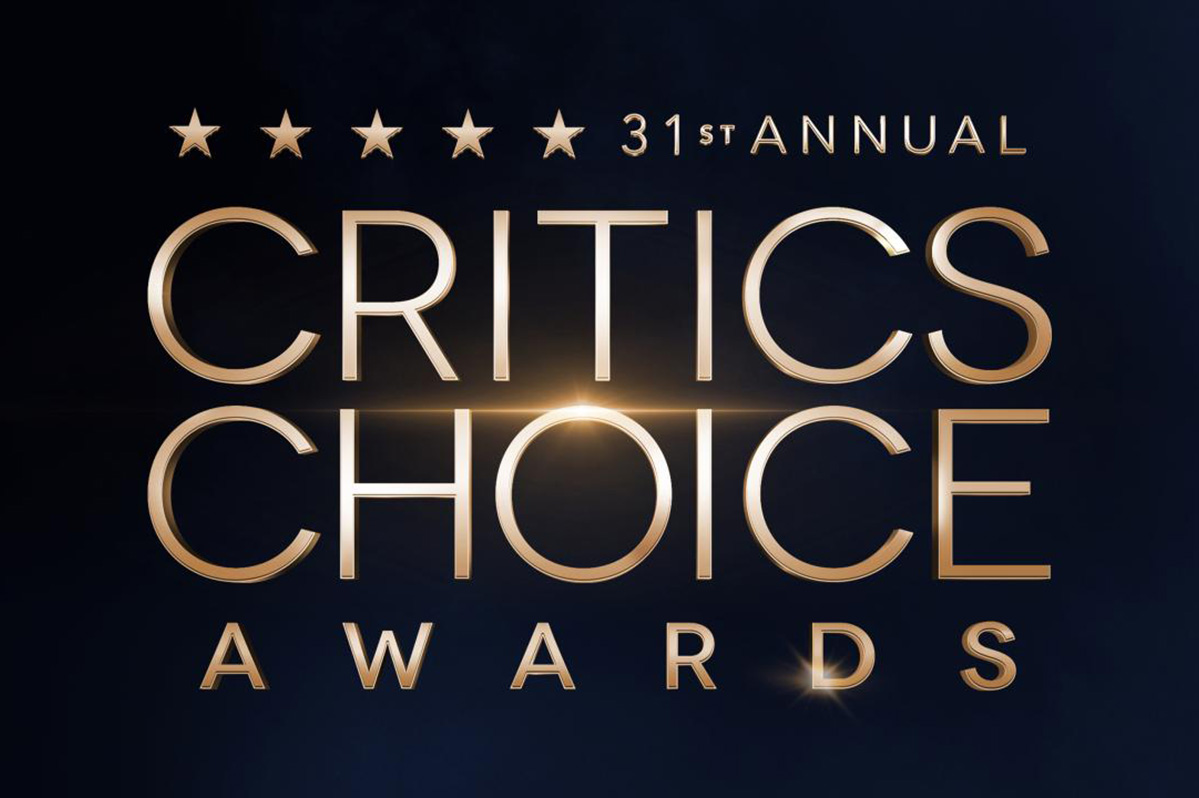
From Chelsea Handler shouting out Heated Rivalry in her opening monologue to Amy Madigan proving that horror performances can (and should) be taken seriously, the Critics Choice Awards provided plenty of iconic moments for queer movie fans to celebrate on the long road to Oscar night.
Handler kicked off the ceremony by recapping the biggest moments in pop culture last year, from Wicked: For Good to Sinners. She also made room to joke about the surprise hit TV sensation on everyone’s minds: “Shoutout to Heated Rivalry. Everyone loves it! Gay men love it, women love it, straight men who say they aren’t gay but work out at Equinox love it!”
The back-to-back wins for Jacob Elordi in Frankenstein and Amy Madigan in Weapons are notable, given the horror bias that awards voters typically have. Aunt Gladys instantly became a pop culture phenomenon within the LGBTQ+ community when Zach Cregger’s hit horror comedy released in August, but the thought that Madigan could be a serious awards contender for such a fun, out-there performance seemed improbable to most months ago. Now, considering the sheer amount of critics’ attention she’s received over the past month, there’s no denying she’s in the running for the Oscar.
“I really wasn’t expecting all of this because I thought people would like the movie, and I thought people would dig Gladys, but you love Gladys! I mean, it’s crazy,” Madigan said during her acceptance speech. “I get [sent] makeup tutorials and paintings. I even got one weird thing about how she’s a sex icon also, which I didn’t go too deep into that one.”
Over on the TV side, Rhea Seehorn won in the incredibly competitive best actress in a drama series category for her acclaimed performance as Carol in Pluribus, beating out the likes of Emmy winner Britt Lower for Severance, Carrie Coon for The White Lotus, and Bella Ramsey for The Last of Us. Pluribus, which was created by Breaking Bad’s showrunner Vince Gilligan, has been celebrated by audiences for its rich exploration of queer trauma and conversion therapy.
Jean Smart was Hack’s only win of the night, as Hannah Einbinder couldn’t repeat her Emmy victory in the supporting actress in a comedy series category against Janelle James, who nabbed a trophy for Abbott Elementary. Hacks lost the best comedy series award to The Studio, as it did at the Emmys in September. And in the limited series category, Erin Doherty repeated her Emmy success in supporting actress, joining in yet another Adolescence awards sweep.
As Oscar fans speculate on what these Critics Choice wins mean for future ceremonies, we have next week’s Golden Globes ceremony to look forward to on Jan. 11.
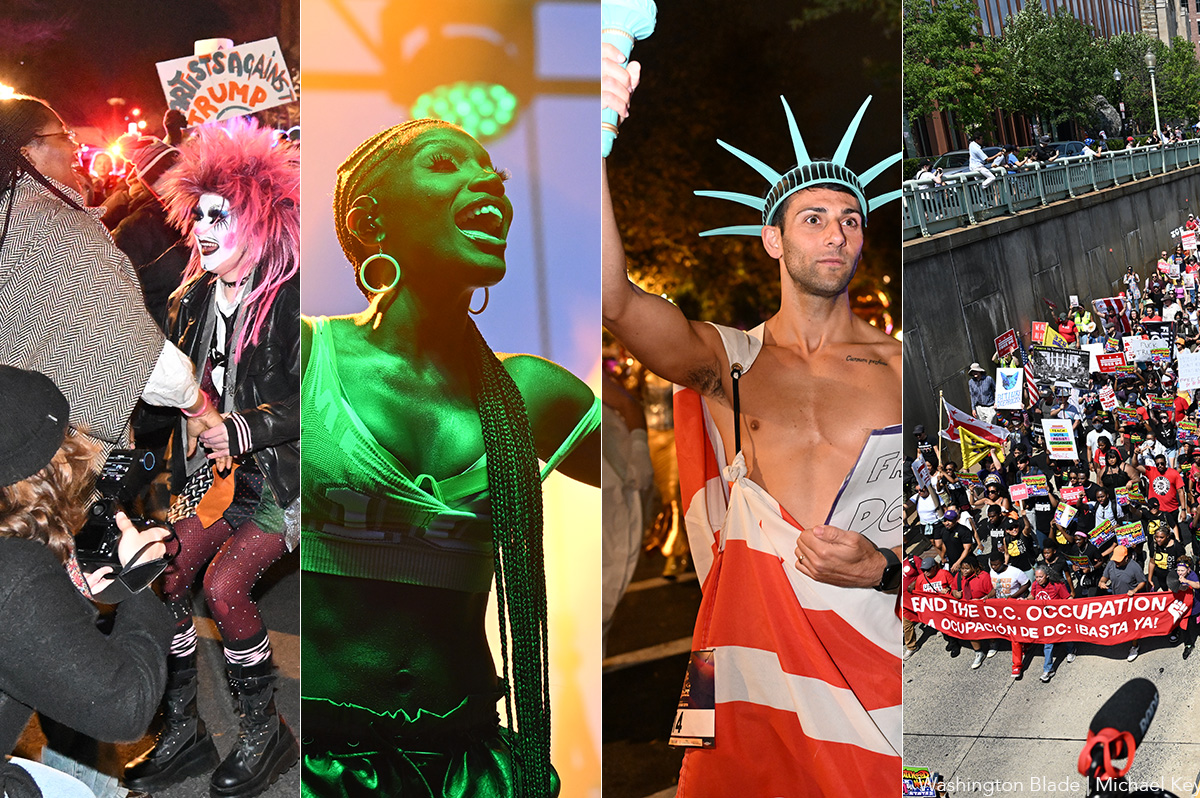
(Washington Blade photos by Michael Key)
